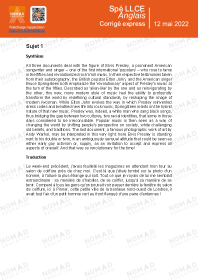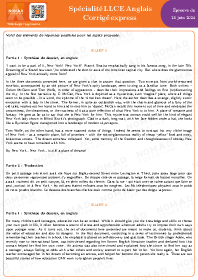Jane Campion was born in 1954 in an artistic family in New Zealand. An internationally acclaimed female filmmaker, who is a director, a screenwriter, and a producer, she was awarded with an Oscar, two Palmes d’Or at the Cannes Film Festival, the Grand Jury prize and Best Director Silver Lion at the Venice Film Festival and multiple other awards for her bold and unconventional work.
She first studied in Wellington, New Zealand where she got a BA in Anthropology. She then moved to Australia to attend the Sydney College of Arts since she was interested in the prestigious Australian Film Television and Radio School. At the time she benefited from a determined movement to promote female careers in film by Australian educational institutions and government funding agencies. Female perspectives in story telling were greatly encouraged that is how she collaborated with Gillian Armstrong and Jan Chapman.
Jane Campion thus took an interest in female characters showing their intuitiveness, their generosity and their capacity to be emotional. Her characters are women outsiders in society who struggle to be understood and recognised in a male-dominated world ; she emphasizes women’s issues such as injustice, discrimination, mental health. She depicts strong female protagonists who are determined to make their voice heard. Her heroines are complex and flawed individuals who express their individuality. Some of her male characters are fascinated by what goes on in a woman’s mind.
Jane Campion’s work consists of eight movies and she worked for television and made a few short films as well. She started in 1982 with « An Exercise in Discipline » for which she won the Palme d’Or at Cannes for Best Short Film. She made « Sweetie », her first feature film in Australia in 1989 ; « An Angel at my Table » about New Zealand author Janet Frame, in New Zealand in 1990. After « The Piano » followed « The Portrait of a Lady » in 1996 which is an unfaithful adaptation of Henry James’s 1881 novel, then « Holy Smoke » in 1999, « In the Cut » in 2003, « Bright Stars » in 2009, « Top of the Lake » (TV mini series) in 2013 and 2017, « The Power of a Dog » in 2021. She was acclaimed as the first female director to win the Palme D’Or at the Cannes film Festival in 1993 for her feature film « The Piano ».
In 2016 Jane Campion was appointed a Dame Companion of the New Zealand Order of Merit for services to film.







